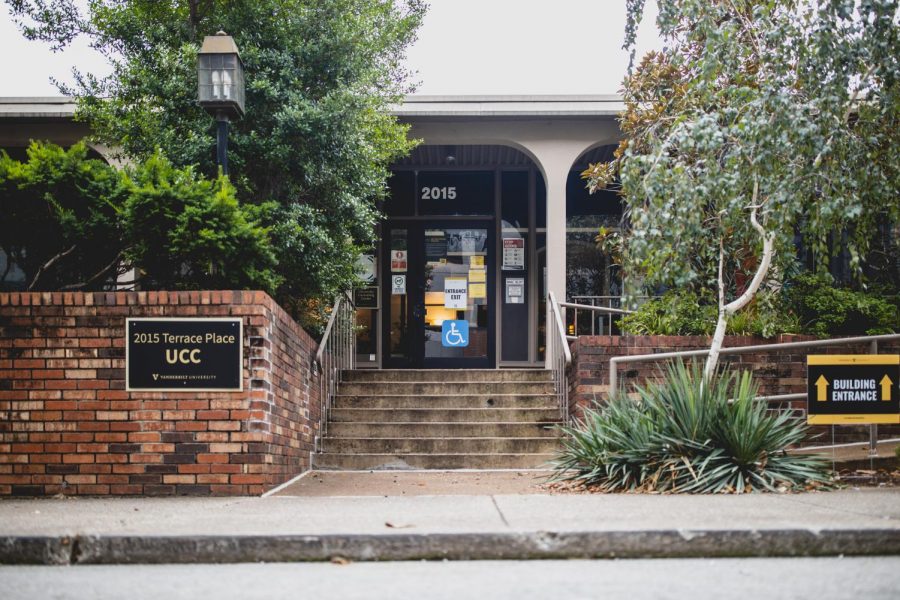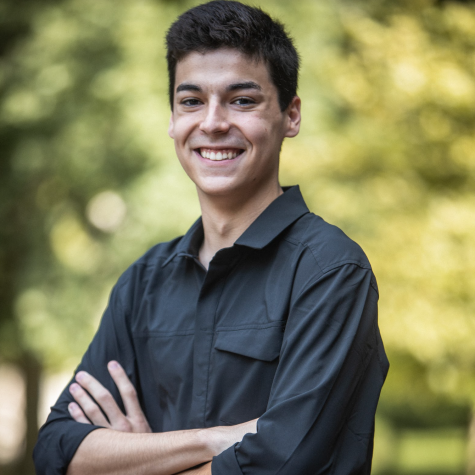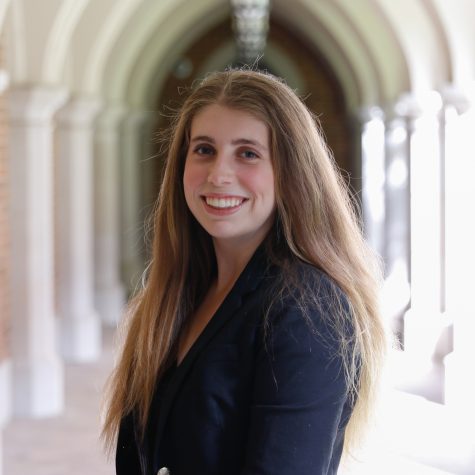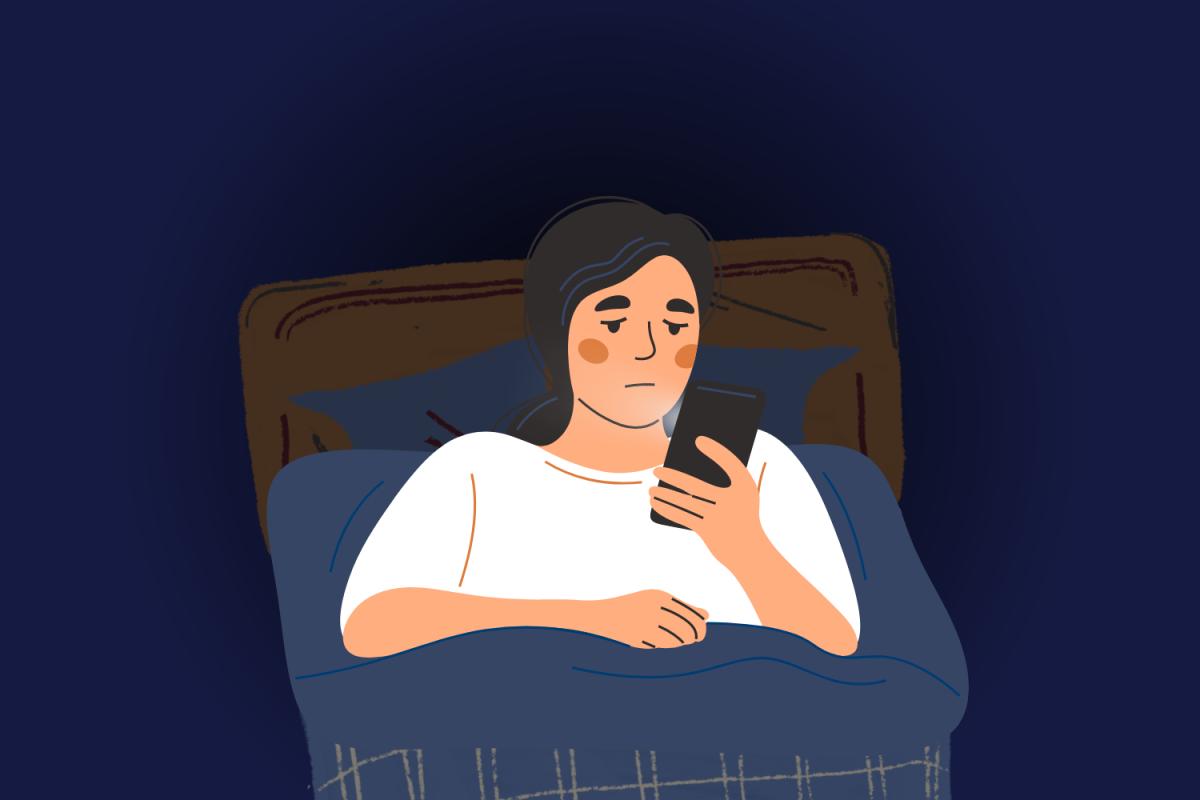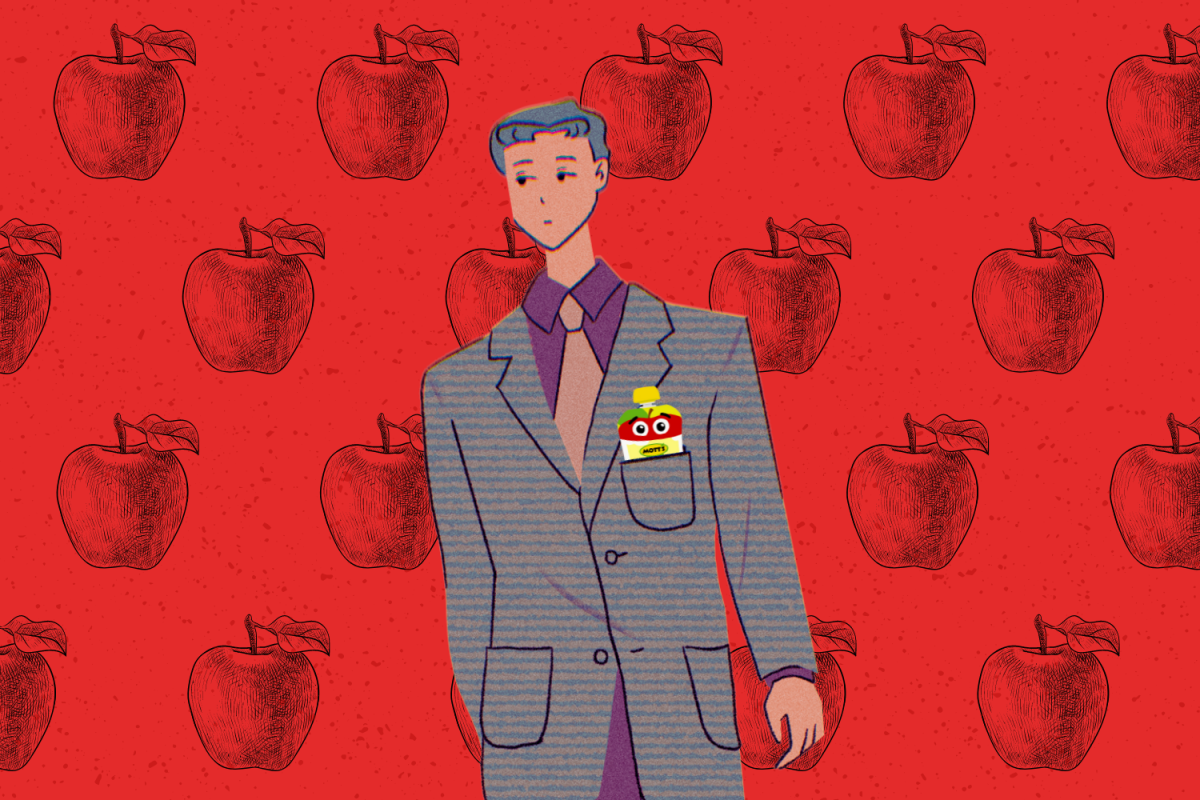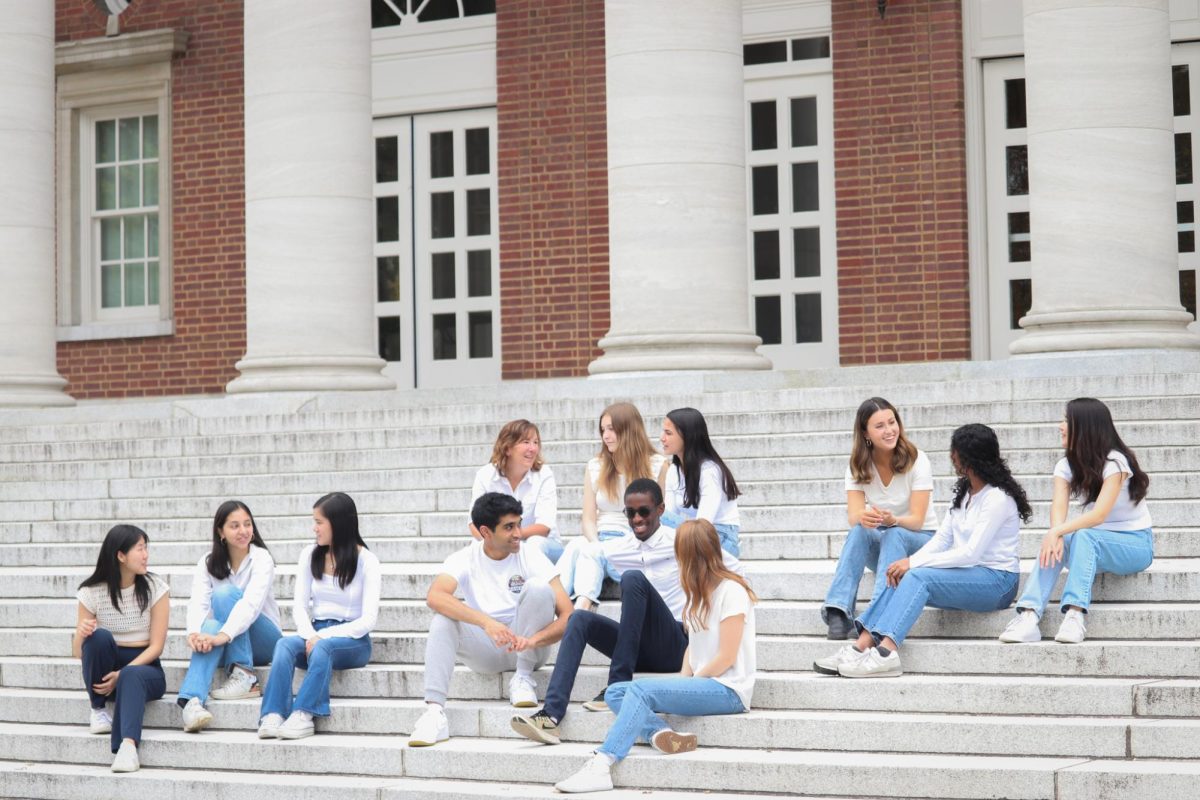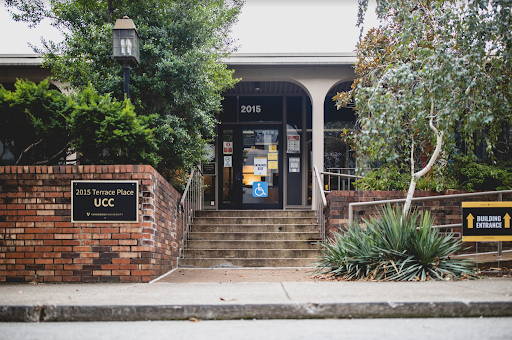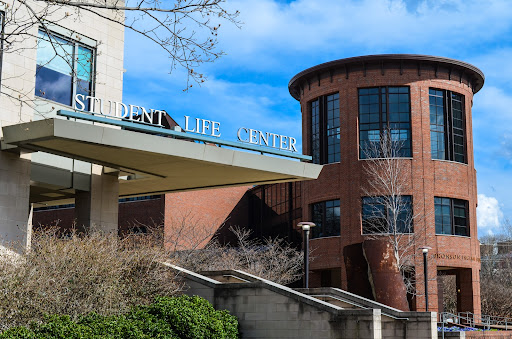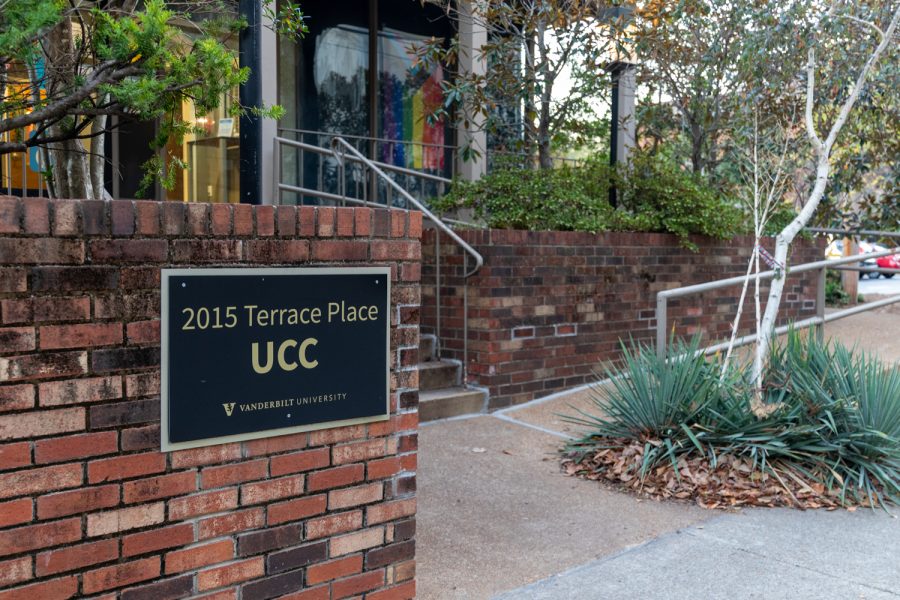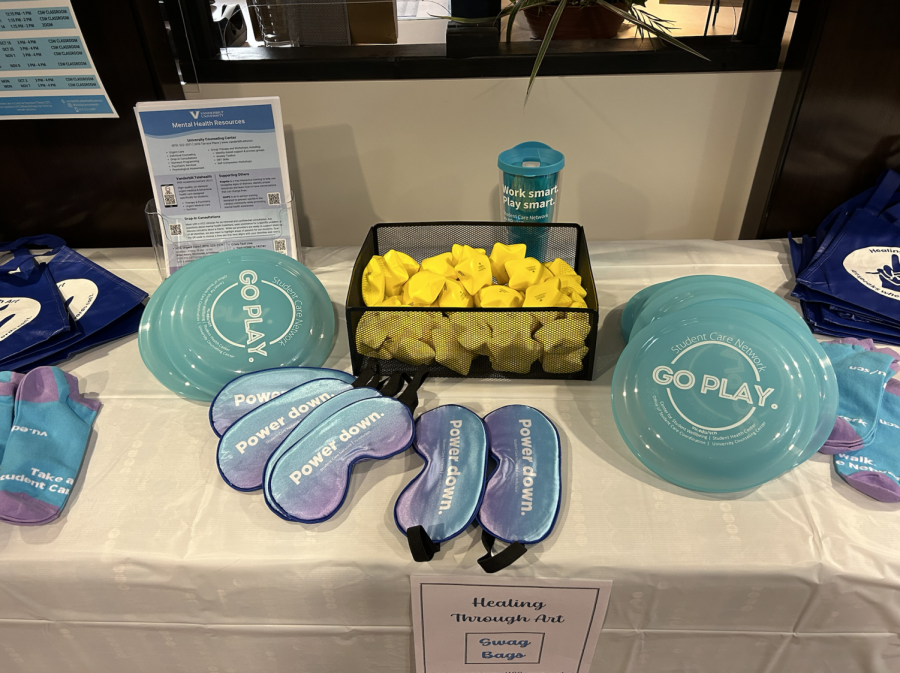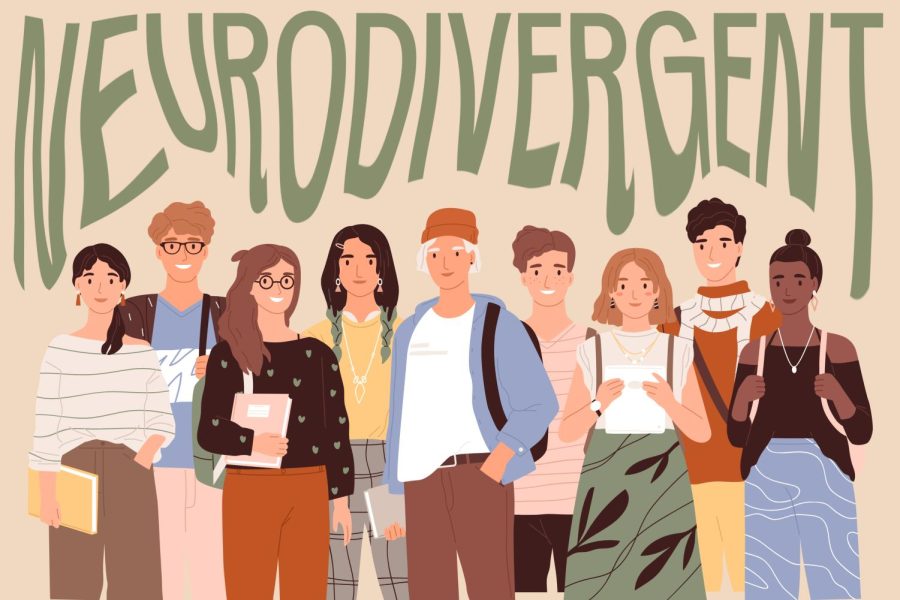Vanderbilt’s University Counseling Center (UCC) continues to provide mental health support to current undergraduates and incoming students as they transition to campus over the next few weeks.
The usual fear and stress surrounding the transition to college has been amplified this year due to the COVID-19 pandemic. In an April 2020 study conducted by Active Minds, a mental health advocacy group focused on college students, almost all of the 2,000 students surveyed said the virus had caused them stress or anxiety, and 80 percent said they had experienced loneliness or isolation because of it.
“We have been able to provide a significant amount of programming and outreach since moving to a telehealth model,” UCC Director Todd Weinman said in an email to The Hustler. “For the coming semester, we anticipate even further expanding programming.”
Some Vanderbilt undergraduates have expressed that the unpredictability of life during the pandemic has caused particular stress, especially for those who were already seeking treatment for mental health issues.
“We had an expected drop off in demand as students transitioned home and were preoccupied with all the changes that entailed,” Weinman said.
Weinman cited the talents of UCC staff and the patience of Vanderbilt students while adapting to the telehealth model in allowing for a reasonably seamless transition. Weinman added that the UCC anticipates the need to be very creative in meeting the needs of the community this coming semester.
“It is always a bit of a balancing act for us, and we imagine it will be no different for us this fall except maybe even more intense and challenging,” Weinman said.
Incoming first-year students
Experts use expressions like “epidemic” and “crisis” to describe the mental health challenges faced by high-achieving college students. For Vanderbilt’s newest first-years, the stress surrounding moving to college is amplified by the global pandemic and financial concerns.
“I’m very concerned about experiencing or feeling left out because of socioeconomic disparities,” first-year Alissa Smith said. “Sometimes, [friends] invite me to eat places that aren’t on the Commodore Card, and I can’t afford that. I’m honestly struggling to get a job to cover the remainder of my tuition.”
Smith hopes that her new Vanderbilt peers will make an effort to be conscious of the financial and emotional struggles others might be going through before planning an outing.
“I do wish I didn’t feel like I had to assess my friends’ socioeconomic status before I bring up certain topics because I know some people just can’t relate,” Smith said.
International and remote students
International and remote students claim that they face a different set of challenges as they balance life at home with their virtual college experiences. First-year Aadi Bajpai, also a member of the Hustler editorial staff, spoke to the difficulty of studying remotely and staying connected with his on-campus peers.
“Vanderbilt feels like a Zoom window on the opposite side of the world,” Bajpai said.
Bajpai cited online social media platforms Discord and GroupMe as being important in creating a sense of belonging with his fellow first-years but shared that he also has a fear of missing out when his virtual friends arrive on campus.
“A part of me constantly thinks people will get busy with all the cool stuff happening physically at Vandy as they move in and slowly the activity online will die down,” Bajpai said.
International and remote students also face the difficulty of balancing their Vanderbilt community with their home communities. Time zone differences can impact sleep schedules—Bajpai completed his email interview with the Hustler at 5 a.m. India Standard Time (IST) after attending an orientation Zoom at 3 a.m. IST.
Some first-years have also expressed fears about being isolated from friends and family while taking online classes. Bajpai said that he often sees his father waking up for work as he is about to go to sleep after classes and worries about his ability to maintain a balanced life. Bajpai compared his feelings of isolation to Harry Potter living alone under the stairs in the series’ first book, “Harry Potter and the Sorcerer’s Stone.”
“I’ll be in my bedroom, making no noise and pretending I’m not there,” Bajpai said.
Stigma and Diversity
Experts assert that stigma surrounding mental health or a lack of representation in healthcare providers can deter some students from seeking treatment.
“I don’t think mental health is given importance—or really even recognized—here. There is a certain stigma around it, so ease of access is definitely not there yet,” Bajpai said.
Smith claimed that in her community, there were equal parts supportive individuals as those who were not, making it difficult to gauge how her family members and friends would respond to requests for mental health support.
“At home, ‘help’ came through my primary care provider and I was never allowed to see a physician that was well versed in mental health issues,” Smith said. “I hope Vanderbilt is different.”
The UCC has recently made changes to further support community members who have been disproportionately affected by COVID-19, mental health stigma and racial trauma. According to Weinman, staffing has been expanded and diversified for the upcoming school year.
“It is important and an ongoing process for us to have our staff look like and represent the various identities and intersections of our diverse student population and break down stigma and barriers to seeking help for historically marginalized and underserved populations,” Weinman said.
New workshops offered by the UCC this year include drop-in support services and workshops for Black-identified students, students of color, international students and LGBTQ+ students. The UCC continues to have urgent care services available throughout the day via telehealth and a crisis line after hours and on the weekends to support students who have immediate needs.
If you or someone you know needs to speak with a professional counselor immediately, call the UCC urgent care hotline at (615) 322-2571.











